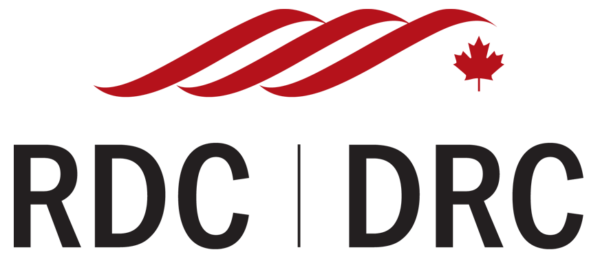RDC’s Responsible Distribution® Code of Practice undergoes rigorous third-party verification to uphold the program’s credibility. Third-party auditors play a pivotal role in ensuring members adhere to the RD Code of Practice, including compliance with legal requirements in their operations, policies, and procedures.
RDC takes pride in its robust management system, equipping members with essential tools to align with the RD Code of Practice. Tools like the Self-Assessments cover a range of applicable areas, such as service and chemical product supplier policies, transport carrier policies, sub-distributor policy, and customer policy. We also offer Information Bulletins, that serve as guidelines to help our members reach compliance with the RD Code.
To ensure uniform assessment despite the diverse complexity of member operations, RDC provides third-party auditors with standardized reporting tools like the RD Manual Readiness Checklist and RD Audit Checklist.
Although third-party verification is vital for program credibility and unbiased verification of member companies’ management systems, challenges exist. Limited auditor resources can lead to delays when multiple members seek audits, potentially disrupting the verification cycle tied to the certificate expiry dates.
Moreover, the complex nature of chemical distribution necessitates thorough training for auditors, which, coupled with resource constraints, can exacerbate scheduling delays. The auditing process demands extensive preparation and coordination between the third-party auditing firm, member companies, and RDC staff, further impeding scheduling through time constraints.
Relying on a single auditing firm amplifies capacity constraints and dependency risks. Resource shortages, such as staffing issues, can prolong scheduling delays, while disruptions within the auditing firm, like personnel changes, pose additional risks.
Member companies can mitigate these challenges by conducting regular internal audits and identifying and rectifying issues beforehand. Addressing non-conformances found in an internal audit minimizes verification delays during the third-party RD audit, enhancing efficiency.
In summary, while third-party verification strengthens the RD Program’s credibility, challenges such as resource limitations, time constraints, and dependency risks can impede audit scheduling. Mitigating these challenges requires proactive measures, such as internal audits, and open and collaborative communication between RDC, third party auditing firms and member companies.
Josh Kellier
Programs Integration Coordinator






